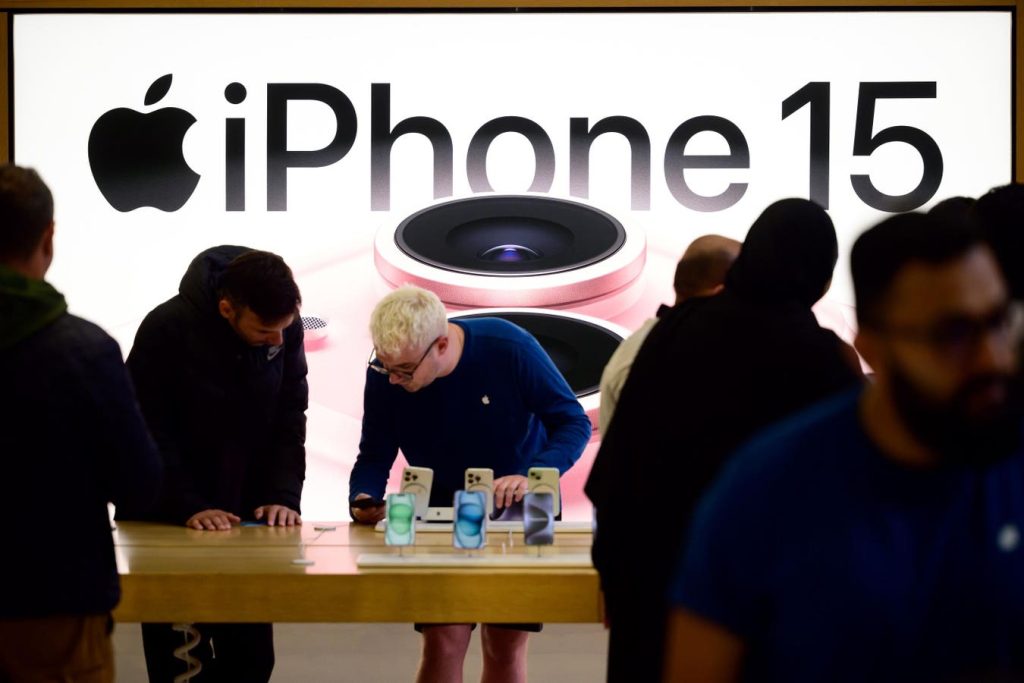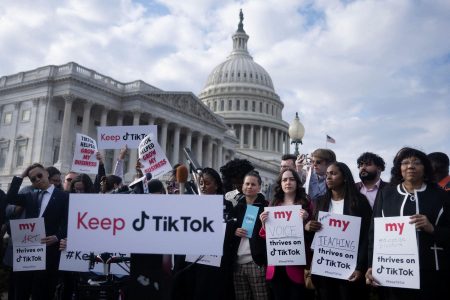According to the research firm Consumer Intelligence Research Partners (CIRP), Apple’s share of new smartphone activations in the U.S. has hit a six-year low, standing at only 33% of new sales. This decline is a significant drop from the 40% share Apple held in early and mid-2023, highlighting a trend of decreasing market share for the tech giant.
Analysts Michael Levin and Josh Lowitz attribute Apple’s declining market share to the high quality and durability of iPhones, as well as their high price point. As smartphones have become more expensive and long-lasting, consumers are holding onto their devices for longer periods before upgrading to the latest models. This has led to a slower rate of new activations for Apple, impacting their overall market share.
Another contributing factor to Apple’s decline in market share is the company’s product refresh cycle, which typically sees new iPhones released in September. This timing aligns with the holiday shopping season, driving higher levels of new activations in the fourth quarter and first quarter of sequential years. However, consumers looking to purchase a new iPhone in the summer may choose to wait for the latest model to be released, affecting Apple’s sales in the interim.
In response to these challenges, Apple has introduced the iPhone Upgrade Program, a monthly subscription plan that allows consumers to upgrade to the latest iPhone model each year. However, the cost of the program, ranging from $40 to almost $75 per month depending on the model, may deter some consumers from participating. As smartphone prices continue to rise and mirror those of computers, the upgrade cycle may continue to slow, impacting Apple’s sales performance in the long run.
While Apple’s market share decline is a significant shift for the company, CIRP notes that the pace of innovation in the smartphone industry has slowed, leading to less frequent upgrades among consumers. The shift from two-year subsidized phone purchase contracts to more transparent purchase plans has also influenced consumers to wait longer before upgrading their devices, potentially affecting Apple more than its Android competitors.
Overall, Apple’s decreasing market share in new smartphone activations highlights a changing landscape in the industry, where high prices, durable devices, and slower innovation are impacting consumer behavior. As Apple continues to navigate these challenges with programs like the iPhone Upgrade Program, the company may need to refocus its strategies to maintain its competitive edge in the market.















